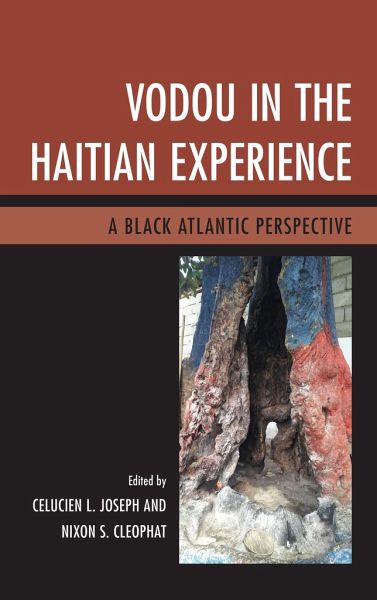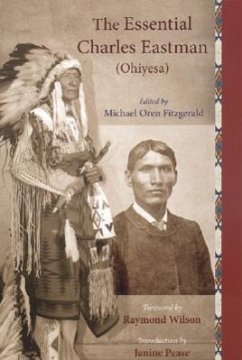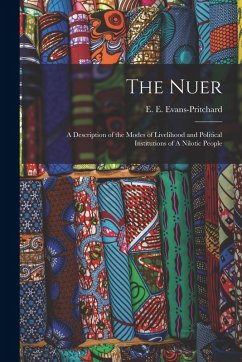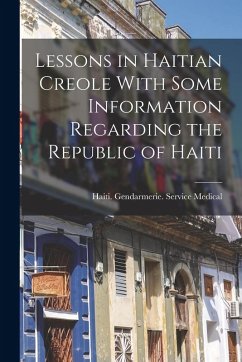Nicht lieferbar

Vodou in the Haitian Experience
A Black Atlantic Perspective
Herausgeber: Joseph, Celucien L; Cleophat, Nixon S
Versandkostenfrei!
Nicht lieferbar
This collection studies comparatively the connections and relationships between Vodou and African traditional religions such as Yoruba religion and Egyptian religion. Vodou is also studied from multiple theoretical approaches including queer, feminist theory, critical race theory, Marxism, postcolonial criticism, postmodernism, and psychoanalysis.













